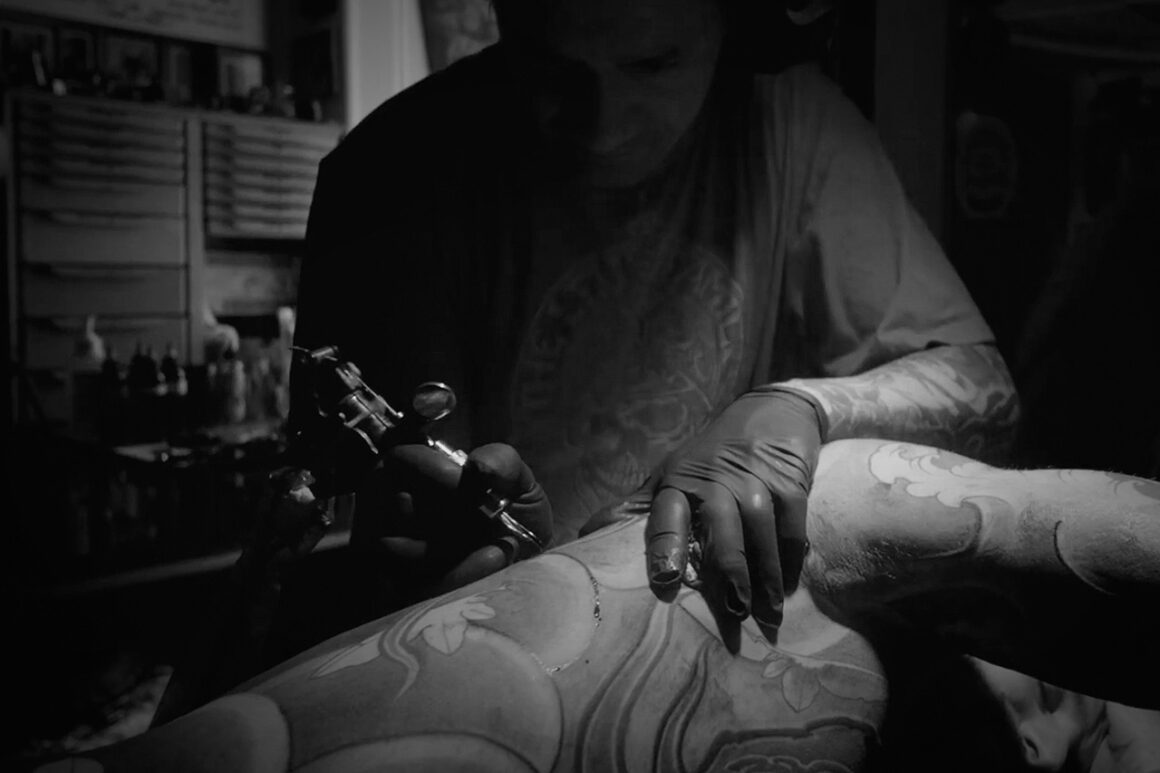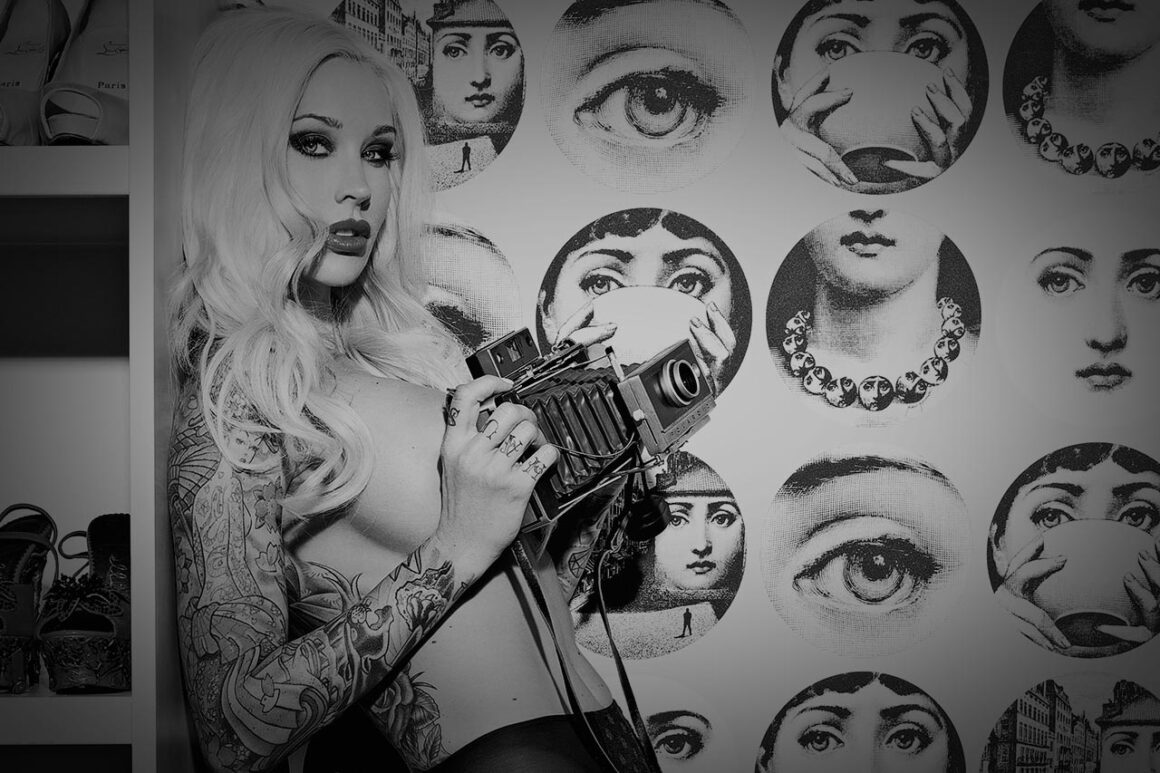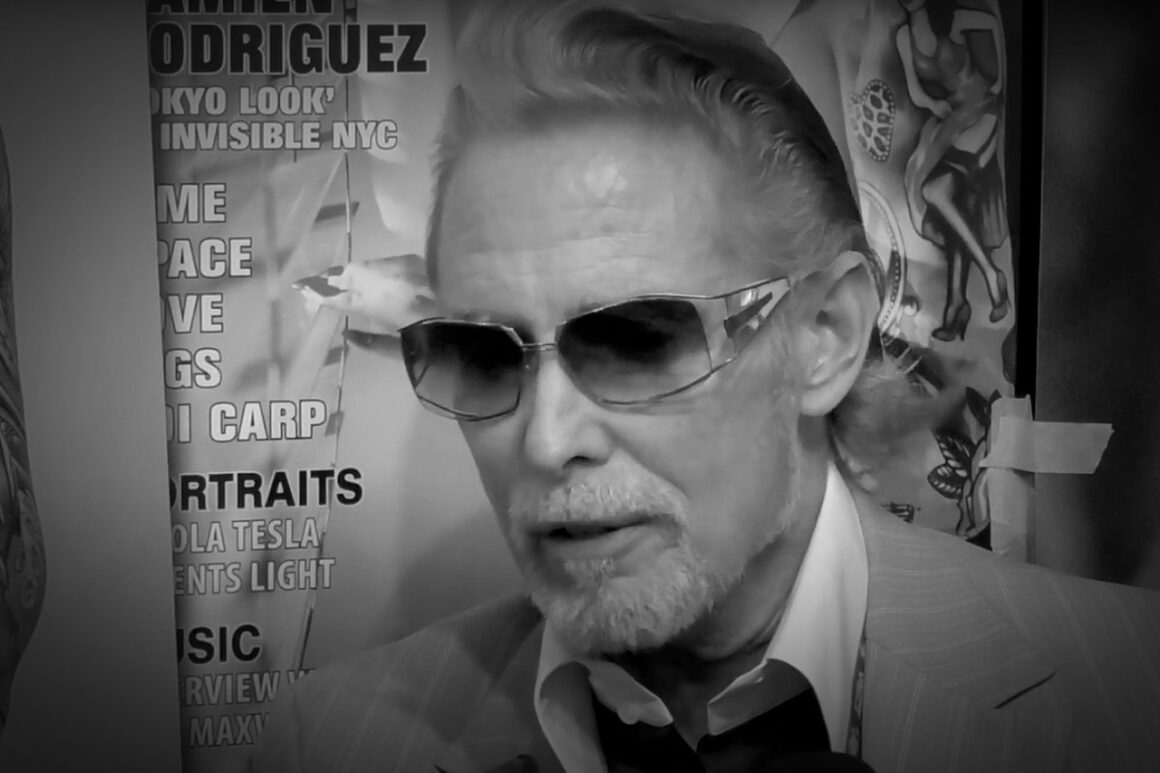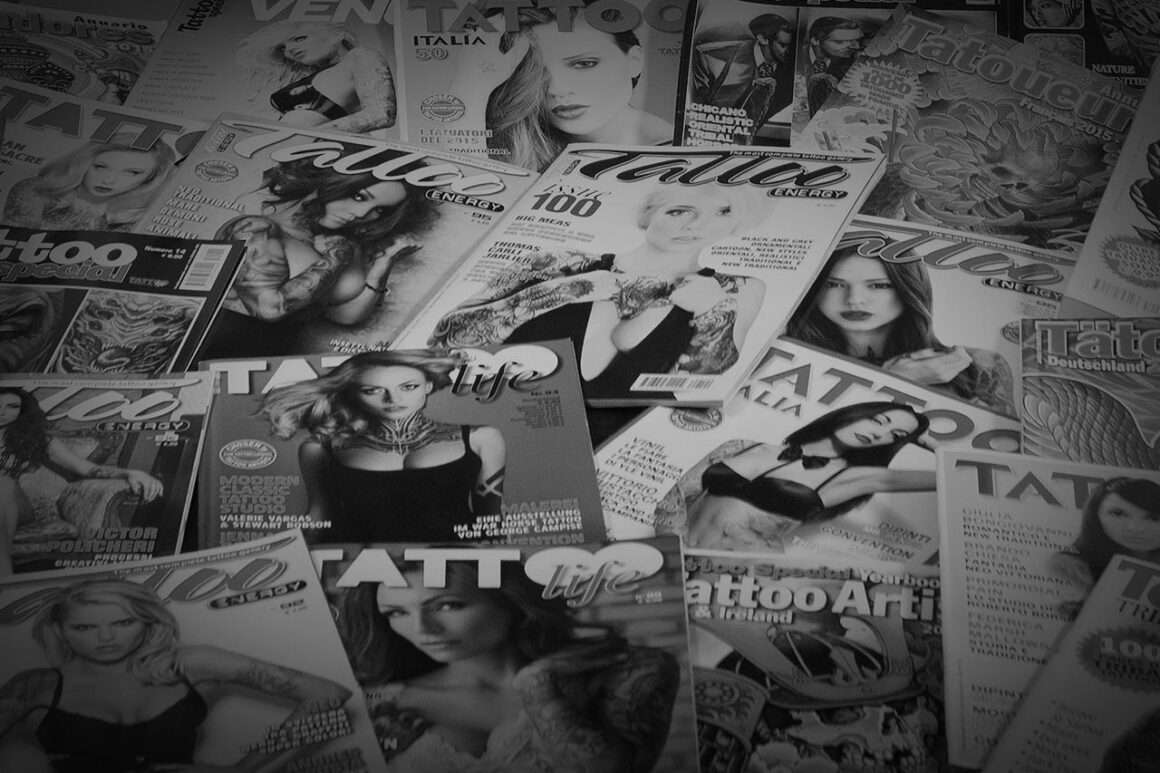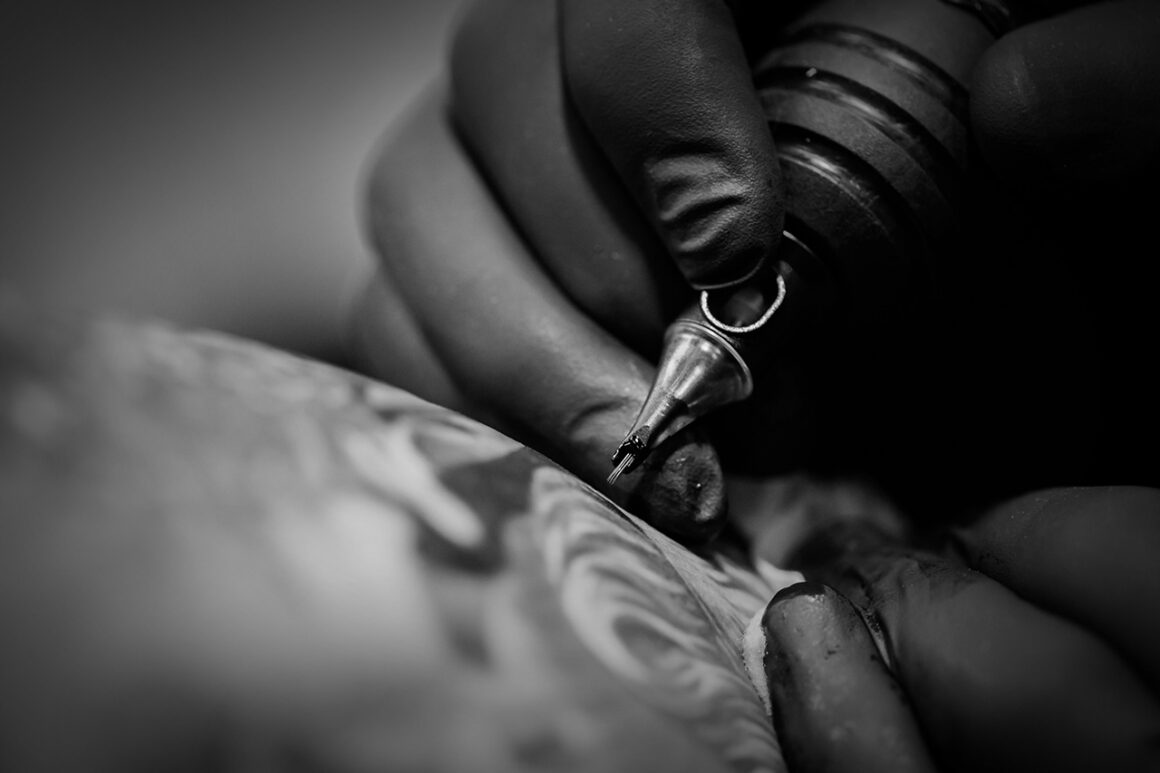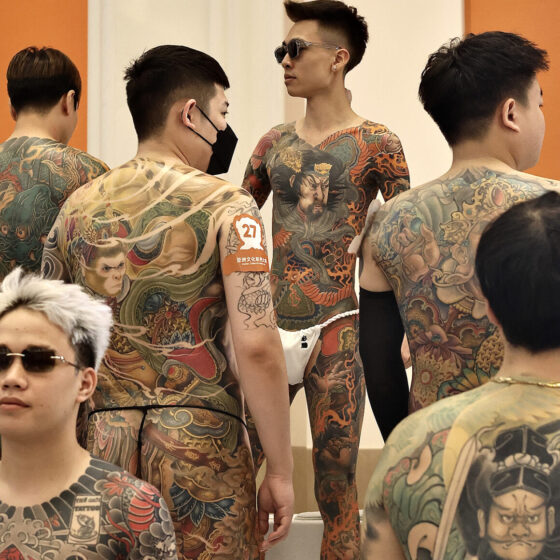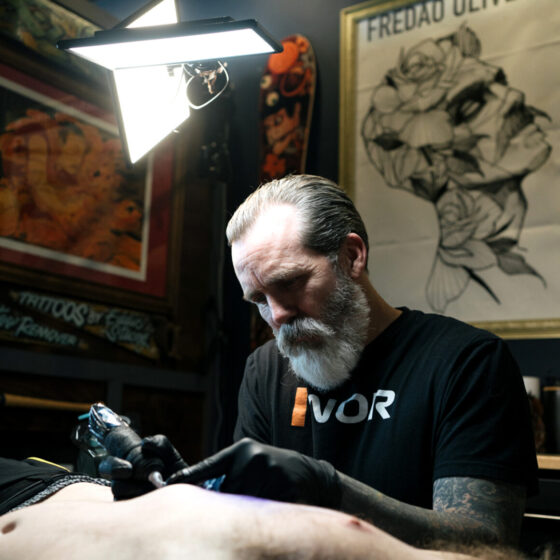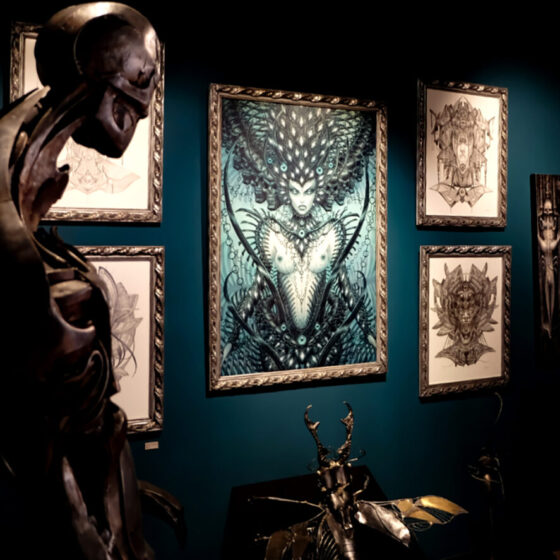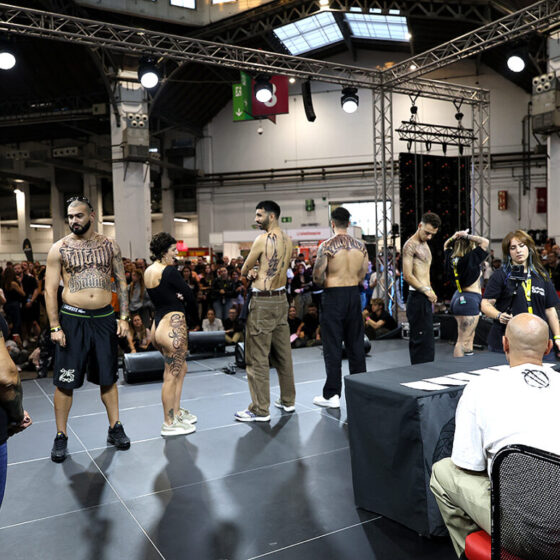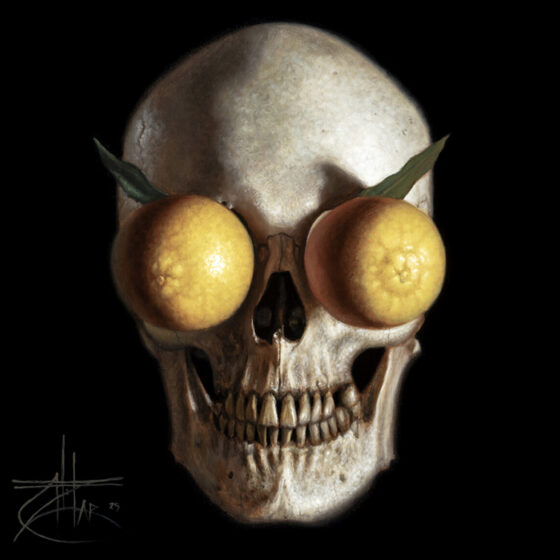John Wilkes Booth born May 10th, 1838 in the nearby of Bel Air (Maryland, U.S.) died April 26th, 1865 (Virginia, U.S.), was an American popular stage actor sadly famous for assassinating President Abraham Lincoln at Ford’s Theatre in Washington D.C., on April 14, 1865.
He was a fervent Confederate sympathizer, who strongly opposed to the abolitionists that sought to end the slavery in the United States and nourished a deep hate against President Lincoln and his politics.
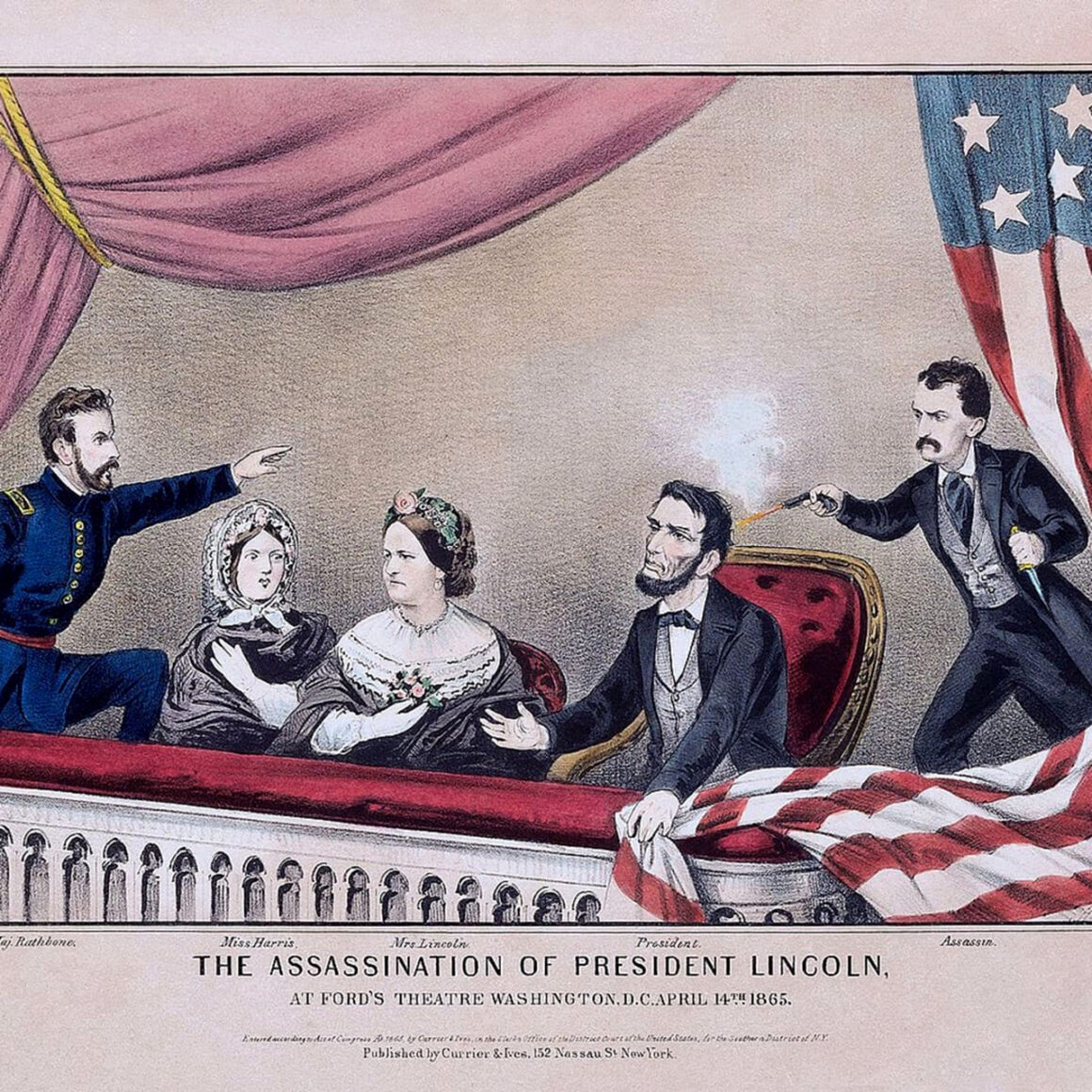
What is curious and interesting in the story of Abraham Lincoln‘s assassination is that a tattoo played an important role in the identification of John Wilkes Booth both during his escape to Northern Virginia and after his death.
“He had perfectly shaped hands,” Asia Booth Clarke recalled of her brother, John Wilkes Booth and added: “across the back of one he had clumsily marked, when a little boy, his initials in India ink.” These letters, described by further writers as “pricked” into Booth’s skin, remained on him all his life as an indelible mark. Moreover, Mrs. Clarke is still now the only reliable source who knew how J. Wilkes Booth got the marks: he had pricked them into his flesh by himself during his boyhood. Thus, it seems safe to say that John Wilkes Booth did in fact bear the initials “J. W. B.” across the back of his hand near enough to the wrist area; it could be said that since Booth was right-handed, it is highly likely that the initials were on his left hand.
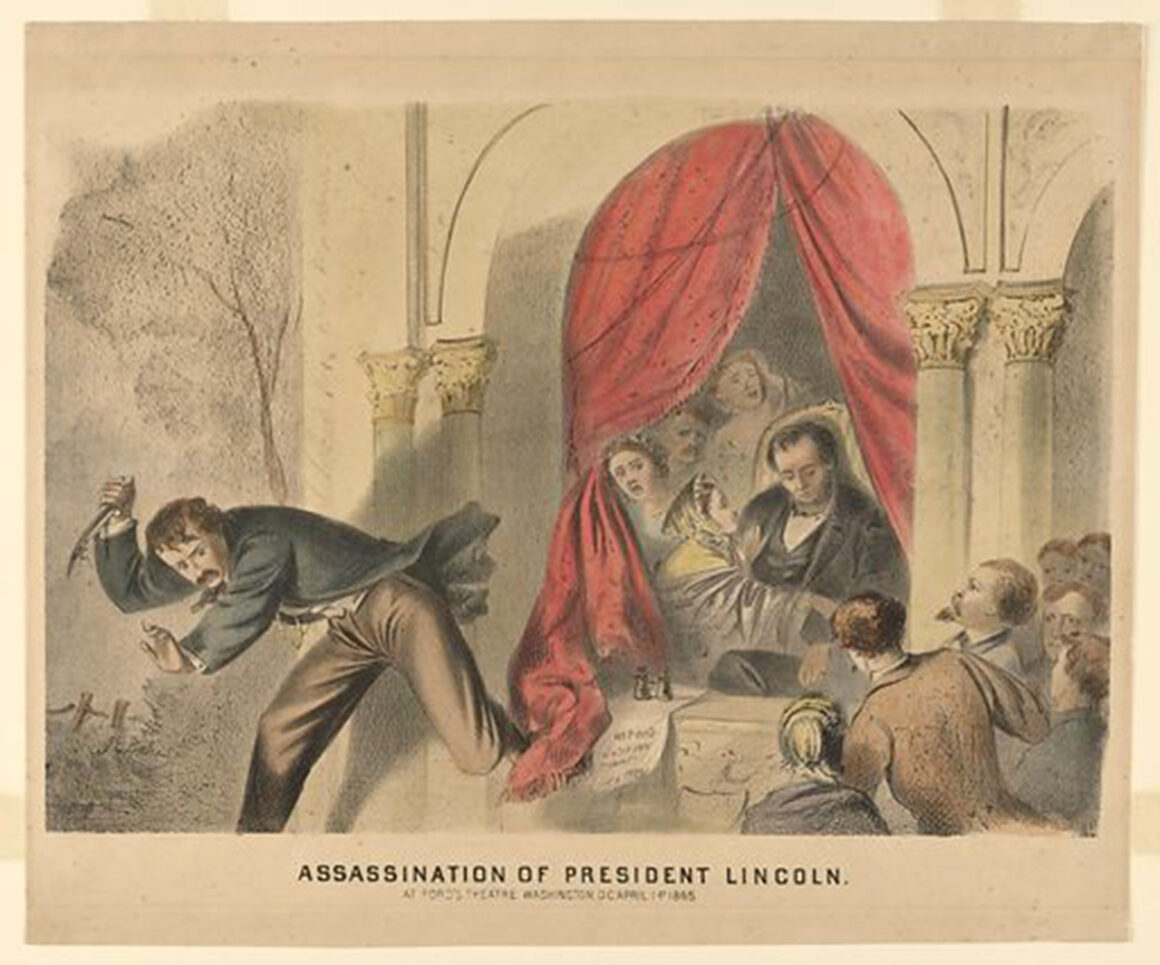
When the assassin of President Lincoln passed through southern Maryland and into Virginia in the days following the crime, the initials that JWB got tattooed, played a crucial role since the very first day after Lincoln’s death because helped associate Booth’s identity. It is true that the eyewitnesses’ testimonies agreed with the fact that the tattoo initials were on Booth’s hand but it remained unclear whether it was the right or left one and this led to an even deeper controversy surrounding Booth’s final fate.
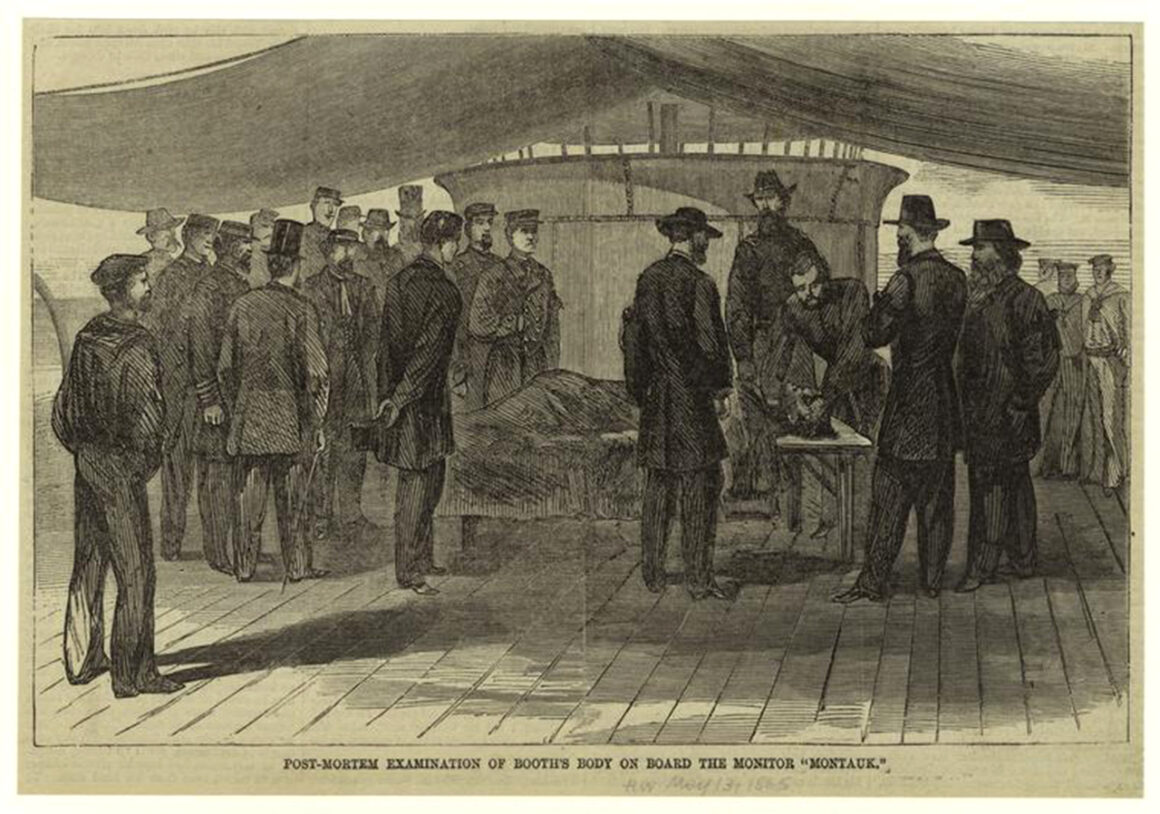
Within a short time after his death, a number of witnesses were called to identify the body. Important to mention is an interesting extract taken from the identification of Charles Dawson, the clerk at the National Hotel, where Booth was staying: “I distinctly recognize it as the body of John Wilkes Booth – first, from the general appearance, next, from the India-ink letters, ‘J.W.B.,’ on his wrist, which I had very frequently noticed, and then by a scar on the neck […]”
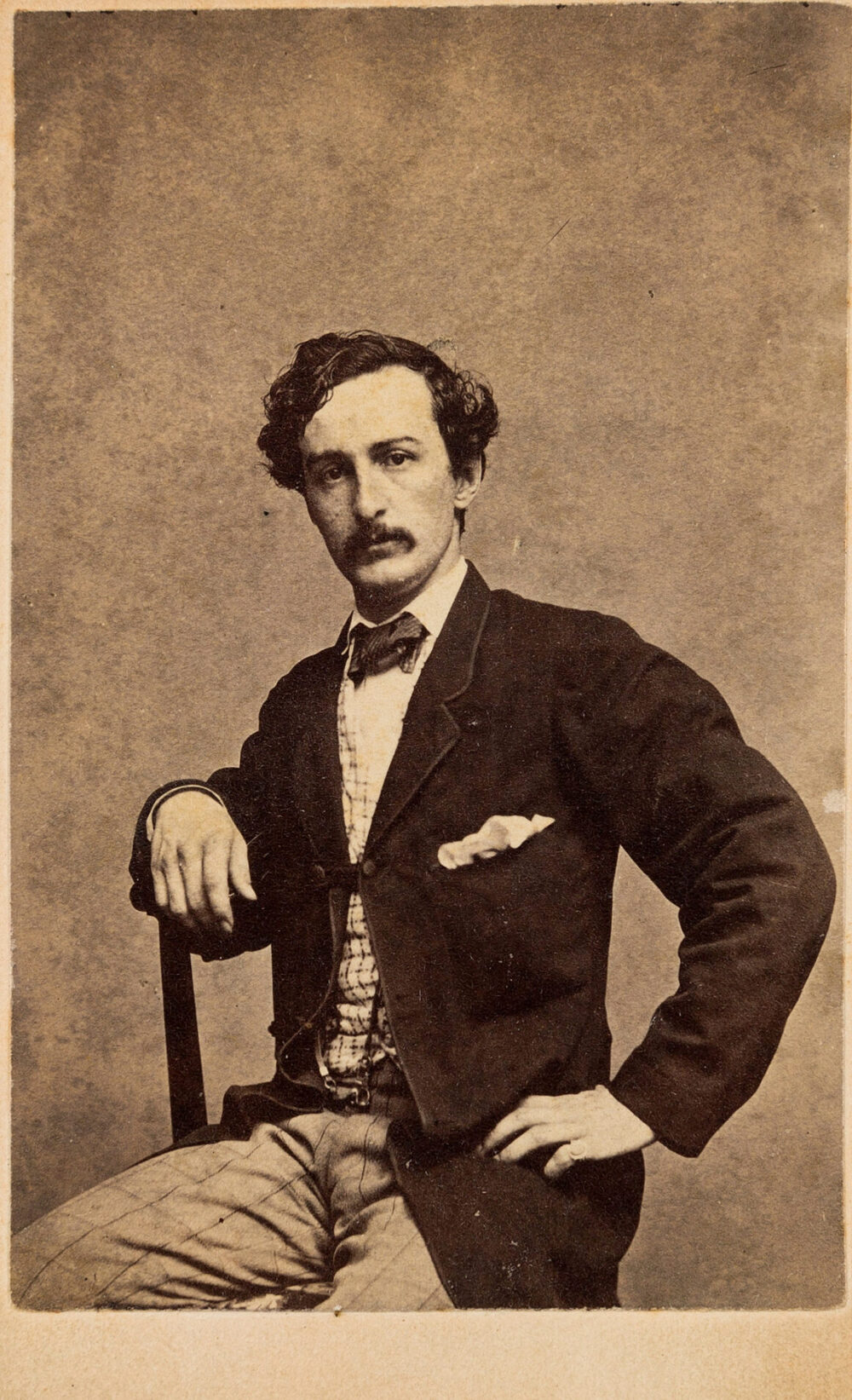
This is to say that in the end, unfortunately without photographic resources that do not give us any evidence of the exact point of the tattoo, a veil of mystery will continue to surround the matter of “J. W. B.” tattoo initials, just as it pervades many other aspects of the life of the fascinating and misguided John Wilkes Booth.
